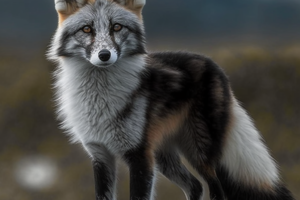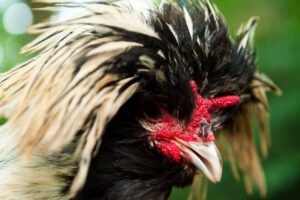On average, only one in three animals survives being released into the wild after being raised in human care.
This is shown by a study presented by researchers at the University of Exeter in England.
In this study, the researchers observed a total of 45 animals, including tigers, wolves, bears and otters, which were released into the wild.
Only 30% of them survived this great leap.
In more than half of the cases, the animals were shot or hit by a car, but the study also found that the animals were generally poorly able to take care of themselves. They starved to death because they were not used to hunting.
They did not adapt well to wild animals of the same species and were also found to be more susceptible to viral diseases than the wild animals.
The biggest weakness of these animals, the researchers believe, lies in the fact that they lack fear of humans and other animals, as well as the fact that they have never had to fight for their food.
Based on these rather sad results, the scientists now recommend that zoos and other animal breeding institutions better prepare the animals for the normal life that awaits them in the wild.
Communication with humans has to be as little as possible while the animals live in unfreedom. In addition, it would be necessary to establish special areas where hunting instincts and the social skills necessary for wild animals could be trained.






